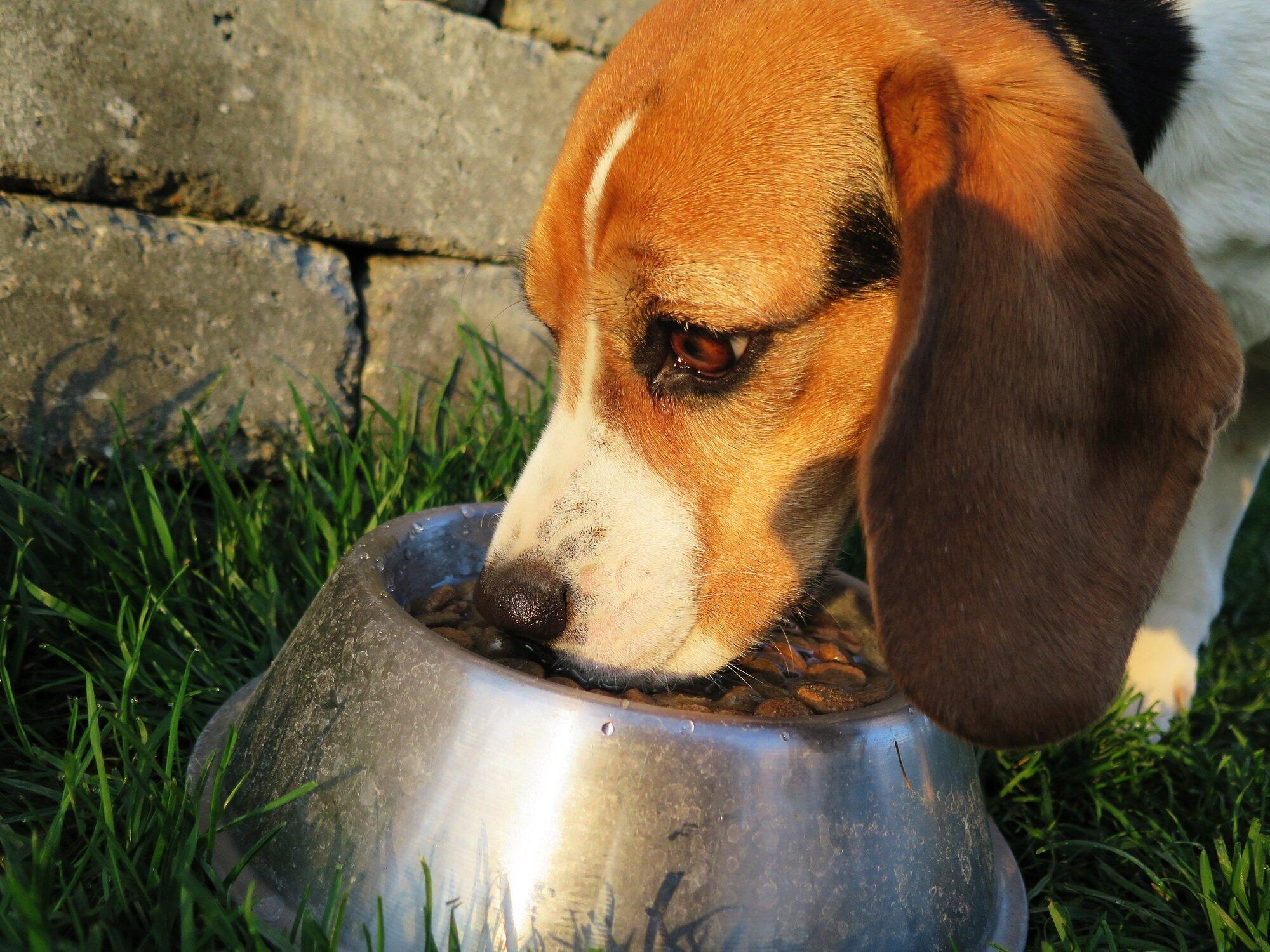3 Important Considerations When Choosing a Diet for Dogs with Pancreatitis
Navigating the world of dog nutrition can be a maze. When your furry friend is diagnosed with pancreatitis, it becomes more daunting.
A carefully curated diet for dogs with pancreatitis is a game-changer. It is instrumental in managing this medical condition.
This blog aims to simplify the selection process. We’ll delve into key considerations you need to prioritize. Let’s embark on this journey towards ensuring your pet’s optimal health together.
1. Opt for Low-Fat Diets
When dealing with pancreatitis in dogs, a low-fat diet is essential. Pancreatitis is often associated with the consumption of high-fat foods. Hence, limiting fat intake can alleviate the strain on your pet’s pancreas.
Primarily, a low-fat diet should comprise lean proteins such as chicken or fish. Avoid feeding your dog fatty meats and dairy products. There is a variety of low-fat commercial dog food available in the market specifically designed for pancreatitis.
These foods have reduced fat content and can be easily digested, minimizing the workload on the pancreas. Consulting your vet before choosing a brand is advisable.
By adopting a low-fat diet, you’re providing your dog with a fighting chance against pancreatitis. Remember, diet modification is a key component in managing this condition effectively.
2. Focus on Digestible Proteins
Protein is a vital part of any diet, especially for dogs with pancreatitis. However, not all proteins are created equal.
It’s crucial to focus on proteins that are easily digestible. This means they are broken down quickly and efficiently in your dog’s digestive system. In other words, choosing the best ingredients in your dog’s food is crucial. This is why reputable products like Nature’s Blend By Dr. Marty are popular among furry lovers.
Providing high-quality proteins can help to reduce the workload on the pancreas. Foods such as boiled chicken, turkey, and white fish are excellent sources of digestible proteins.
Avoid giving your heavy dog proteins, such as beef and pork. These meats take longer to break down, hence putting extra pressure on the pancreas. Be cautious about the quantity of protein you provide as well.
A diet that is excessively high in protein can also exacerbate pancreatitis symptoms. Therefore, it’s important to provide a balanced, low-fat diet with easily digestible proteins to manage pancreatitis effectively. Additionally, you can give your dog a pet nutrition supplement, which can help them feel more energetic. Read these Nutra Thrive reviews to start your journey on pet nutrition supplements.
3. Monitor Portion Sizes and Feeding Schedule
Monitoring portion sizes and adhering to a consistent feeding schedule is an essential aspect of managing pancreatitis in dogs. Overfeeding can cause unnecessary strain on the pancreas, leading to inflammation.
It’s advisable to feed smaller, more frequent meals throughout the day. This practice ensures a steady intake of nutrients without overtaxing the digestive system.
A structured feeding schedule also helps in maintaining your pet’s weight, a crucial factor in managing pancreatitis. Measuring cups or a digital kitchen scale can be helpful tools in ensuring consistent portion sizes.
Always remember that these are general guidelines, and the portion size may need to be adjusted based on your dog’s size, age, and activity level. As always, a consultation with a veterinary nutritionist is paramount to tailor a feeding plan best suited to your pet’s needs. For more on healthy dog food options, be sure to explore the web’s extensive range of articles and resources.
Charting the Path to a Healthy Diet for Dogs With Pancreatitis
A diet for dogs with pancreatitis demands careful planning and monitoring. It is vital to focus on low-fat, easily digestible proteins. Portion size and feeding schedules also play a critical role.
Always involve a veterinarian in your decisions. Ultimately, a proper diet can transform the health of dogs with pancreatitis. Together, let’s make this journey towards optimal pet health a successful one.
Did you like this guide? Great! Please browse our website for more!

